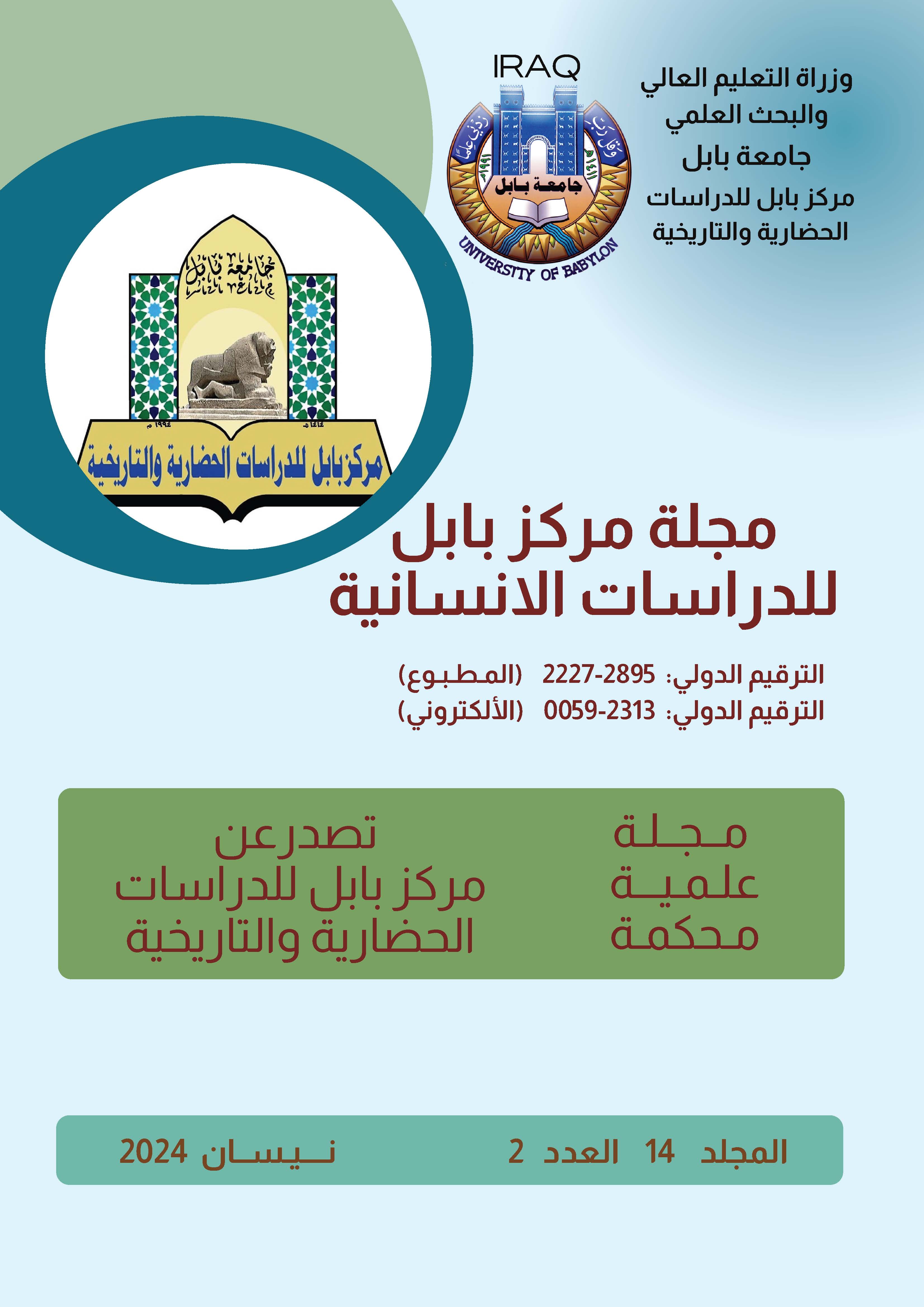The level of mental wandering and its relationship to future thinking skills among students of the College of Basic Education - Sumer University
Keywords:
mental wandering, skill, future thinking, studentsAbstract
The aim of the current research is to identify the level of mental wandering and its relationship to future thinking skills among students of the College of Basic Education - Sumer University. The researcher followed the descriptive correlational research methodology, and the research sample consisted of (100) male and female students in the first grades teacher department / College of Basic Education - Sumer University. They were selected by random stratified method with equal distribution. For the purposes of the study, the researcher built a mental wandering scale consisting of (24) items, and adopted the future thinking skills scale of (Abboud, 2021), which consists of (23) items. The validity and reliability of both scales were verified. With the two methods, the retest and the Cronbach method, the reliability of the mental wandering test was (0.83), while the reliability coefficient of the future thinking test was (0.79). The researcher used the Statistical Package for the Social Sciences (SPSS) to process the data and extract the results. At the end of the research, the researcher came to a number of recommendations and proposals. The results showed: 1- The average of the sample members is higher than the hypothesized average, and this means that the level of mental wandering was at a high level.2-The sample members have future thinking and the highest skill they possess (problem solving skill).3- There is a positive correlation between mental wandering and future thinking skills, if the calculated value reaches (3.22), which is greater than the tabulated value (1.96 (







